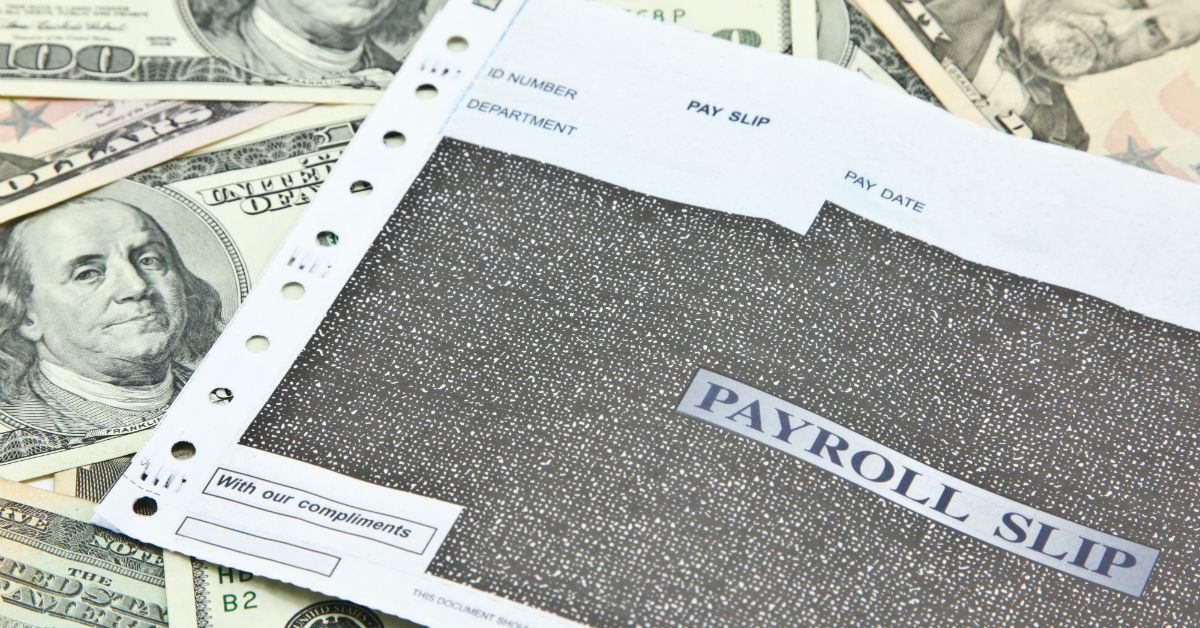It’s tax season, and if you own a business, that means a lot of extra paperwork. With so many different tax forms — and even more added every year — it’s easy for some to slip through the cracks. Here are a few tax documents you may need.
We’re going to talk about:
- Non-profit 990
- Sales Tax, and
- Heavy Highway Use
Let’s dive in!
Non Profit 990
If you’re a non-profit business, the 990 is a must-have. Required by the IRS, the 990 form is used as a way of reporting the annual income and total assets for most organizations that are exempt from income tax.
Anyone filing any sort of government form knows that wording is specific and critical. This is even truer about tax forms. Some clients have been confused when the 990 form refers to both “the organization” and the “filing organization.” These are the same entity: the organization filing the form. However, said organization cannot file a single form to consolidate information from other organizations. Each requires its own form.
Sales Tax
Reporting sales tax is a beast of another color. As defined by the Utah State Tax Commission, sales tax is a tax specifically on the rental or retail sale of tangible personal property, admission and user fees, and certain services provided. The tricky part is that the tax is on the transaction itself, and not the item. This means that it’s the purchaser who is paying the tax, and the role of the business is simply to collect it and pass it on to Utah. This tax can be reported monthly, quarterly, or annually.
The forms you’ll need differ depending on if you’re a single place of business (Form TC-62S) or multiple places (Form TC-62M) but in either case, if your annual sales tax liability is $96,000 or more, you’ll have to file it electronically anyway.
Heavy Highway Use
Form 2290 and a Schedule 1 is required for any highway heavy vehicle weighing 55,000lbs or more. This isn’t just limited to major companies, but includes individuals, LLCs, Corporations, or any other form of organization running these types of vehicles.
This tax applies to any vehicle designed to carry a load over public highways, regardless of the load. This means that if you were to buy a heavy vehicle from a dealer and simply drove it from the dealership to your home using public highways, that drive would be your first taxable use of the vehicle.
When it comes to heavy highway use vehicles, the 2290 must be filed the month of the vehicle’s first use on public highways during the current period. The form must be filed by the last day of the month following the first month.
Organize, Organize, Organize
Taxes can be a complicated thing with many ins and outs. To make your life easier, be sure to:
- Make sure you have all the forms you’ll need
- Make sure each form is filled out correctly, proof read, as any mistakes could delay or even have them sent back to be redone
- Stay mindful of deadlines
Utah tax laws change every year, and with all of these forms and rules to follow, it can be daunting for anyone. If you’re looking for that professional touch to make sure everything is in order, it never hurts to reach out and ask people whose job it is to be knowledgeable and helpful.
Sources: IRS, Utah State Tax Commission













